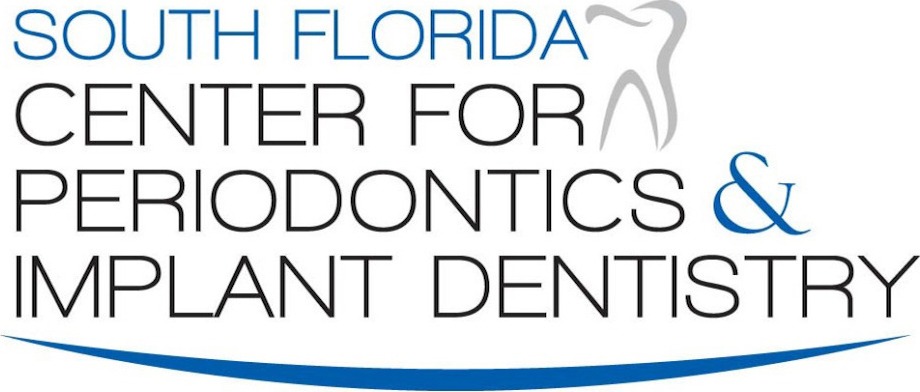If You Think You Have Gum Disease, Don’t Delay Treatment!
December 19th, 2022
An article in Periodontology 2000 by George Hajishengallis, DDS, PhD, a researcher at the University of Pennsylvania’s Penn Dental Medicine, discusses potential mechanisms connecting periodontitis to systemic inflammation and subsequent associated disorders that include:
- Alzheimer’s disease
- Cardiovascular disease
- Pneumonia
- Viral infections
- Rheumatoid arthritis
- Osteoporosis
- Squamous cell carcinoma
- Placental inflammation
- Colon cancer
- Colitis
- Chronic kidney disease
- Obesity
- Cirrhosis
- Diabetes
Gum Disease Affects a Large Portion of the Population
Estimates show that periodontitis occurs in almost 50% of the adult population of the world. The Cleveland Clinic says that periodontitis affects more than 47% of U.S. adults over age 30, and that this number jumps to a staggering 70% for adults 65 years old and over.
If left untreated, periodontitis can lead to the progressive destruction of the gum and bone tissue and eventually tooth loss that compromises eating and speaking ability and overall quality of life.
How Do You Know You Have Gum Disease?
Signs and symptoms of early gum disease can include gums that are bright red, purplish and/or swollen and tender or bleed when you brush. Some individuals with gum disease may experience unexplained bad breath or a metallic taste in the mouth.
In its earliest stage (gingivitis), the gum disease can often be reversed. The other three stages (early periodontal disease, moderate periodontal disease and advanced periodontal disease) must be treated regularly by periodontal professionals to slow the advancement of this disease.
Don’t delay seeking treatment! Your oral health, and your overall health as we’re seeing more and more, could be compromised.
Schedule your consultation with our office today by calling us at 561-912-9993. Our board-certified specialists and highly skilled periodontal hygienists will provide the treatment you need to help you maintain good oral health.
